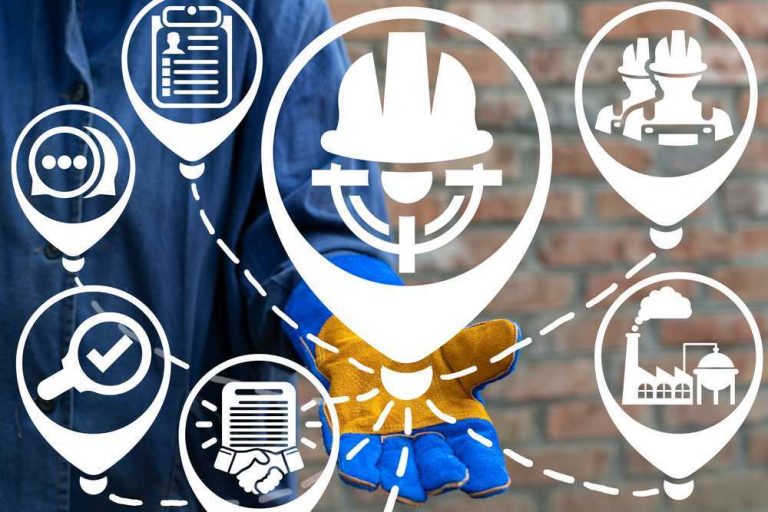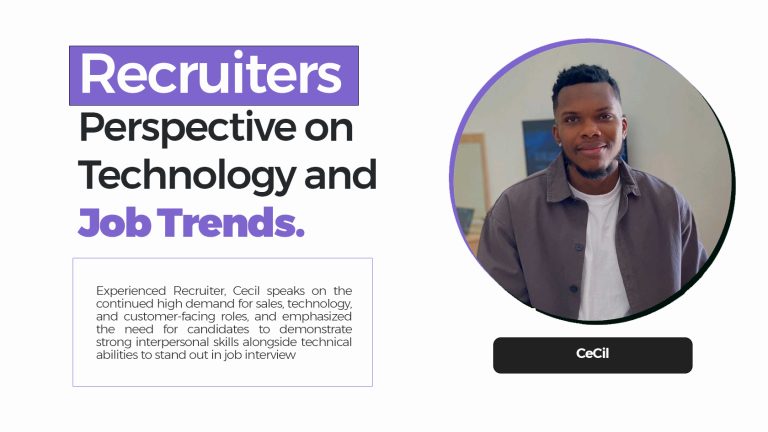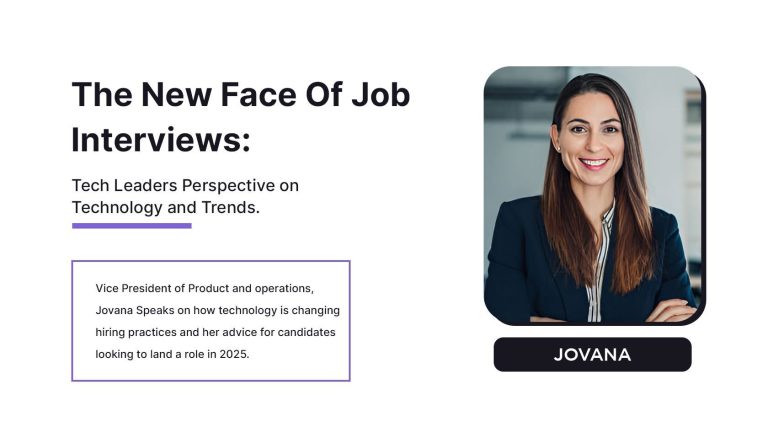With the rise of remote work and technological advancements, AI-powered interviews are a growing reality for candidates seeking new opportunities. A good number of companies have embraced artificial intelligence (AI) interview technology to simplify their hiring process and make it more efficient.
In this article, we’ll explain how AI interviewing works. We’ll outline the benefits and setbacks, and most importantly, equip you with the best practices and tips for a successful interview process.
What are AI Interviews
AI interviews are a new approach to hiring that leverages artificial intelligence (AI) to assess job candidates. They typically involve some form of virtual interaction and analysis by AI software, aiming to improve efficiency and potentially reduce bias in the hiring process.
How AI Interviews Work:
Generally, there are formats that AI Interviews follow and these include;
- The Initial Screening stage is where the AI poses a set of pre-programmed questions, often delivered through text or video chat. Here, responses are analyzed based on keywords, sentiment, and pre-defined criteria aligned with the job description.
- With video interviews, responses are recorded and analyzed for factors like facial expressions, voice tone, and body language, alongside your verbal answers.
Platforms like Interviewhq.ai can help you streamline your AI-powered recruitment process.
Benefits of Using AI Interviews for Recruitment
Using artificial intelligence in your recruitment process can change your talent acquisition strategy. It will help simplify the workflow involved in hiring and onboarding.
Recruiting top talent has different aspects to it. It usually involves managing people, handling paperwork, coordinating communication, scheduling, and going through heaps of information to find the right candidate for a job role.
Here are some compelling benefits of using AI for interviews:
1. Reduce time-to-hire:
One major advantage of AI interviews is that they reduce time to hire and make the recruitment process faster by handling the initial screening process for recruiters.
2. Enhanced candidate experience:
A transparent, efficient process that keeps applicants and stakeholders informed and demonstrates respect for their time and effort.
3. Reduced bias in hiring:
It allows for a more objective comparison and evaluation since all candidates answer the same questions.
4. Improved efficiency:
AI can automate repetitive tasks like resume screening, scheduling interviews, and sending follow-up emails. This frees up recruiters’ time to focus on higher-level activities like candidate evaluation and building relationships.
5. Scalability:
AI-powered tools efficiently manage high volumes of applicants, facilitating scalable recruitment efforts.
6. Passive candidate identification:
AI tools can scour online platforms to uncover passive candidates possessing requisite skills and experience.
7. Continuous enhancement:
AI systems learn from past interactions, refining their performance and accuracy over time.
8. Personalization:
Tailoring the candidate experience through personalized content and recommendations based on individual backgrounds and interests.
9. Employee retention:
Analyzing employee data with AI can preemptively identify retention issues, enabling proactive measures to enhance satisfaction and reduce turnover.
10. Accurate analytics:
AI-driven data analysis and reporting ensure HR compliance and furnish measurable insights for informed decision-making.
While the immediate advantages of increased accuracy and efficiency are apparent, AI also plays a pivotal role in attracting and identifying top-tier talent.
Drawbacks of and Concerns About AI Interviews
While AI offers efficiency gains in hiring, AI Interviews aren’t without their downsides. The potential downsides of AI interview are discussed below:
- Data Privacy and Regulations: AI relies on data analysis, raising privacy concerns. Large datasets could be mishandled, leading to breaches. Additionally, ensuring compliance with data protection regulations like GDPR and CCPA is vital.
- Transparency in Decisions: AI algorithms can be non-transparent, making it hard to understand why a candidate is rejected. This lack of transparency can be frustrating for candidates and hinder the improvement of the hiring process.
- Candidate Mismatch: AI can prioritize candidates who appear strong on paper based on keywords, but may not be the best cultural fit or possess the necessary soft skills. This can lead to hiring individuals who underperform despite strong technical qualifications.
Best Practices and Tips for a Successful Interview Process.
AI can help you hire faster and find better candidates, but you need to use it carefully. Here’s how:
- Follow the rules: Make sure your AI hiring tools follow all the laws about data privacy. This helps you avoid trouble and builds trust with candidates.
- Be clear with candidates: Let candidates know you’re using AI and what information it collects. Get their permission to use this information. This shows you’re being fair and respectful.
- Train your team: Train your managers and HR team on how to use AI hiring tools properly. This way, they can make the best decisions and use AI fairly.
- Check for bias: Regularly review your AI tools to make sure they’re not favoring or disfavoring certain people. This helps you hire the best person for the job, regardless of background.
- Don’t replace humans: AI is great for sorting through applications, but it can’t replace real people. Make sure actual people are involved in interviews and final decisions.




